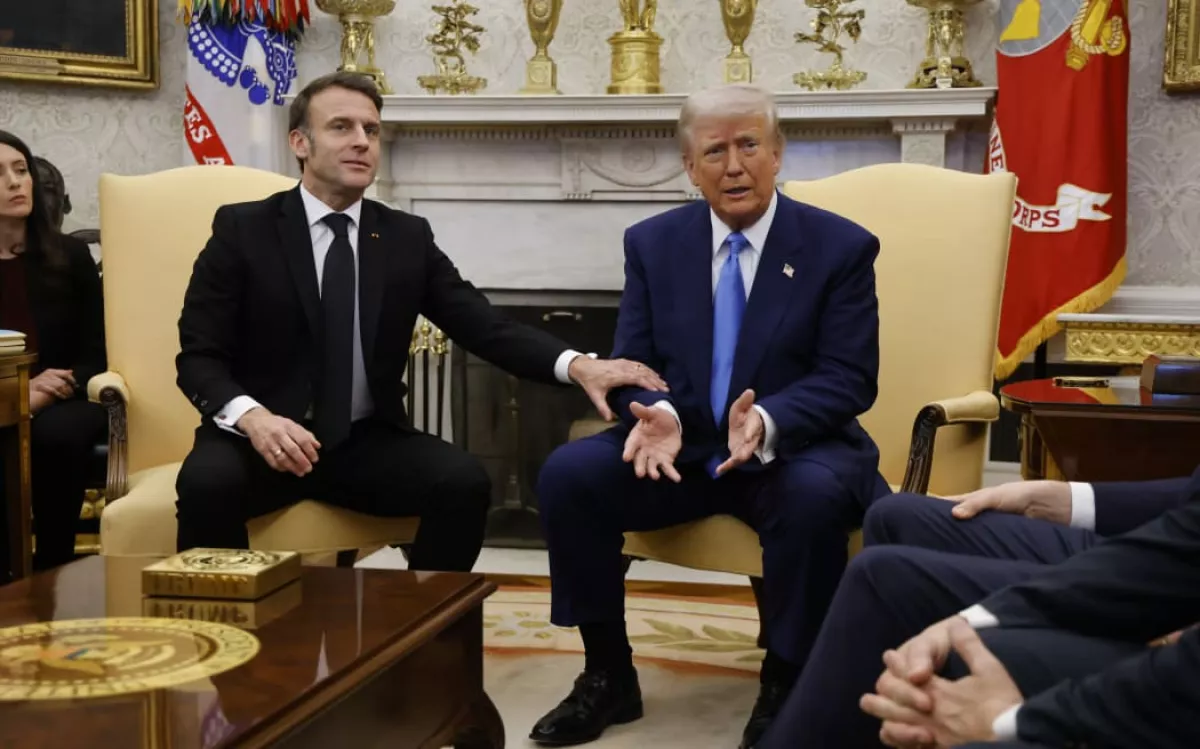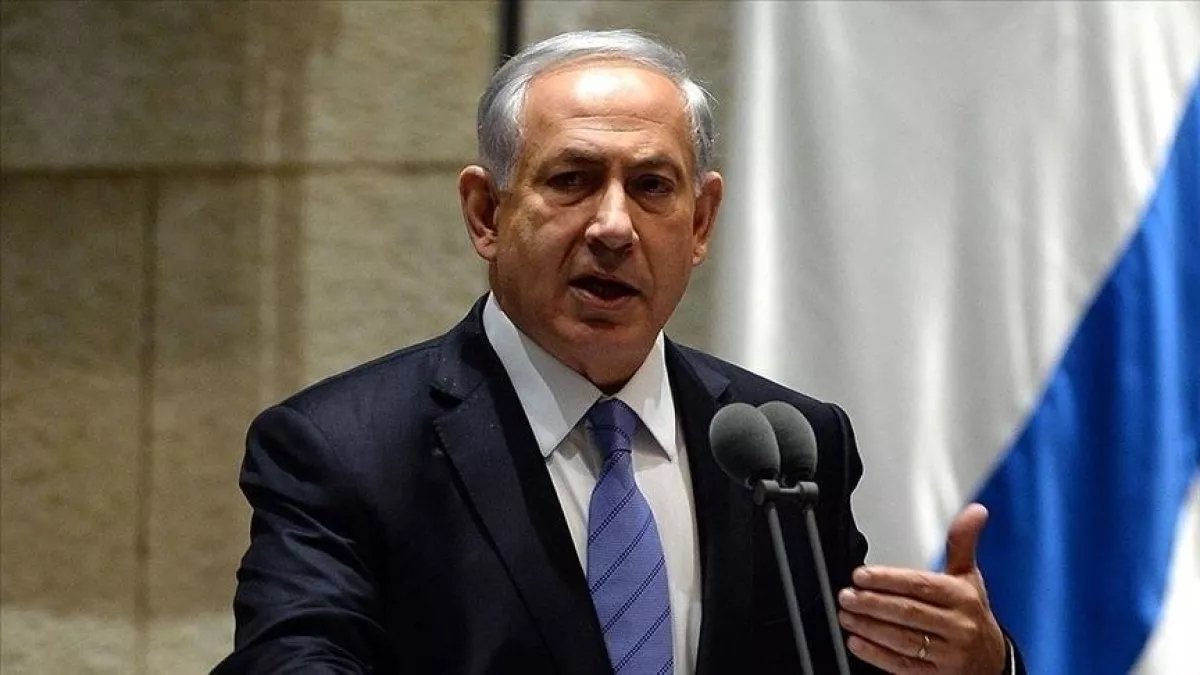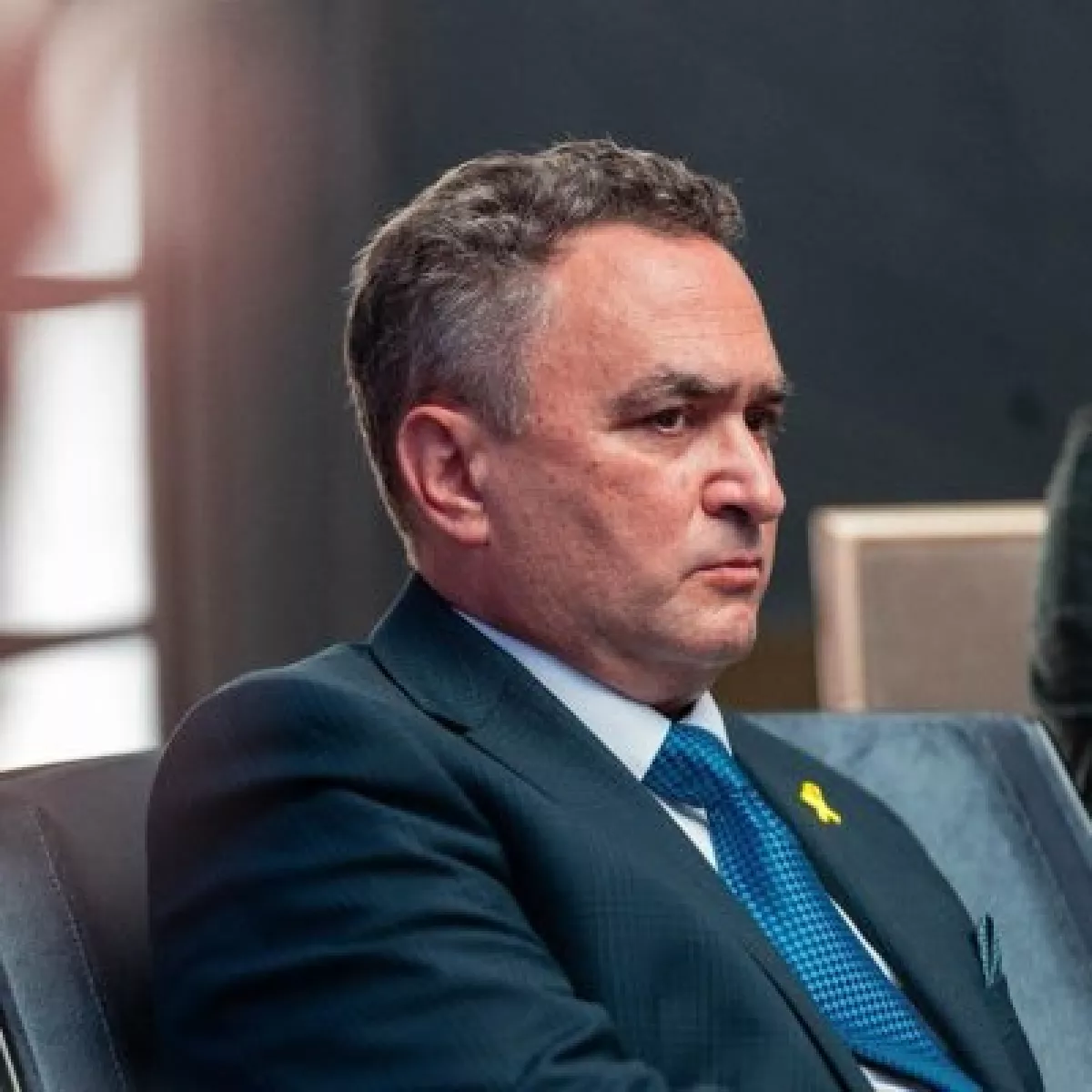Macron’s recognition of Palestine Diplomacy or illusion?
The history of French diplomacy under Emmanuel Macron cannot boast any major triumphs on the international stage. But it seems Paris is about to have its “finest hour.” On July 24, the President of the Fifth Republic announced that France would recognise the State of Palestine at this year’s UN General Assembly in September. He made this declaration publicly on social media platform X:
“Consistent with its historic commitment to a just and lasting peace in the Middle East, I have decided that France will recognize the State of Palestine. I will make this solemn announcement before the United Nations General Assembly this coming September.”
If Macron keeps his promise, France will become the most influential and largest Western nation to recognise Palestine. More than 140 UN member states have already taken this step, including China, India, Brazil, and Russia. However, until recently, Western countries had maintained unwavering support for Israel.
Over the past year, though, a rift has begun to emerge among European nations on this issue. Norway was the first to declare its intention to recognise Palestine, followed by similar statements from Spain and Ireland. This sparked outrage in Washington and Tel Aviv, with Israeli diplomats recalled from Oslo, Madrid, and Dublin “for consultations.”

French experts note that Emmanuel Macron views the announcement of Palestine’s recognition as his personal triumph. According to Hamza Hraoui, director of MGH Partners—an international public relations firm—“This is definitively a French moment. It’s a point scored for French diplomacy.”
Palestinian officials, predictably, welcomed Macron’s statement. Mahmoud Abbas called it “a victory for the Palestinian cause” and expressed gratitude to Saudi Arabia for its “key role in influencing France’s decision.” In turn, the Saudi Ministry of Foreign Affairs described the French president’s announcement as “historic.”
But what is France really aiming to achieve with these declarations? According to observers, Macron is pursuing two goals: first, to emphasise that he is an advocate of a “strong EU” capable of conducting a relatively independent foreign policy.

The French president first demonstrated this stance during the conflict between Donald Trump and Volodymyr Zelenskyy, reminding the international community of the need to respect those fighting for Ukraine’s independence and reaffirming support for the country in its confrontation with Russia. Macron now believes that recognising Palestine could serve as an example for other EU countries, encouraging them to adopt this relatively safe and painless form of pressure on Israel—as a counterbalance to Washington’s unequivocally pro-Israel policy.
It appears that London is also prepared to align with Macron. On July 29, UK Prime Minister Keir Starmer expressed readiness to recognise Palestine if Israel fails to address the “horrific situation” in Gaza.
Macron’s second objective—paradoxical as it may seem—is to support Israel itself. The French president has repeatedly stressed that recognition of Palestine would only take place after a set of conditions is met by the Palestinian Authority in Ramallah and neighbouring Arab states. These include the comprehensive normalisation of relations with Israel, an end to anti-Israel propaganda, and the development of trade ties with the Jewish state.
According to Karim Amellal, France’s former ambassador for the Mediterranean, this initiative has become something of an obsession for Macron: “He was constantly talking about it … discussing it with everybody, even talking about it on a trip to Southeast Asia.”
Macron had hoped to organise, together with Saudi Arabia, a UN-sponsored conference to reconcile all parties to the conflict. However, these plans were derailed—first by the collapse of the ceasefire between Israel and Hamas in the spring of 2025, and later by Israeli airstrikes on Iran.
The French president also emphasises that recognition must be accompanied by the demilitarisation of Hamas. The Palestinians, he insists, must recognise Israel’s right to exist and unconditionally release the Israeli hostages held by armed groups in the Gaza Strip.

In effect, Macron is endorsing all the key demands put forward by Israeli Prime Minister Benjamin Netanyahu.
It should also be noted that by recognising Palestine, Emmanuel Macron is attempting to gain certain advantages in domestic politics. His approval rating in France is currently at an unprecedented low—just 19%, according to data published by Journal du Dimanche, citing a survey conducted by the French Institute of Public Opinion (IFOP).
Following the snap elections, Macron lost his parliamentary majority and now finds himself without stable support in the National Assembly. In this context, the president is seeking to capitalise on discontent over Israel’s policies among the left-leaning segment of the French electorate and the country’s Muslim minority.
However, it is unlikely that supporters of Jean-Luc Mélenchon or other French left-wing voters will cast their ballots for Macron, who is widely associated with uncompromising, right-leaning economic policies. At the same time, Macron has already lost the backing of French conservatives and pro-Israel circles.

Israeli Ambassador to Paris Joshua Zarka called the French president’s move a “strategic mistake.” Many deputies from Macron’s Renaissance party (formerly LREM) claimed that the decision to recognise Palestine was made “under pressure from the streets,” while Caroline Yadan, vice-president of the France–Israel parliamentary friendship group, went so far as to leave the presidential coalition altogether.
U.S. Secretary of State Marco Rubio reacted to Macron’s plans by stating that the “reckless decision only serves Hamas propaganda and sets back peace.”
As for the direct consequences of France and other European countries recognising Palestine, it is unlikely to have any real impact on the balance of power in the Middle East. European states lack the tools to influence Israeli policy, especially as Israel enjoys unwavering support from the United States. Moreover, Tel Aviv has entirely withdrawn even theoretical support for any form of Palestinian statehood.
As Andrey Zeltyn, senior lecturer at the School of Oriental Studies at the Higher School of Economics, observed, “Attempts by EU member states to resolve this long-standing issue through recognition will not affect the course of the conflict, which must ultimately be resolved not in Europe, but within the region itself.”
It should also be remembered that Macron’s statement of intent to recognise Palestine does not necessarily mean that France will follow through in September. As diplomatic history shows, there is often an unbridgeable gap between intention and action—and in recent years, the current French president has shown that his words often carry little weight.








